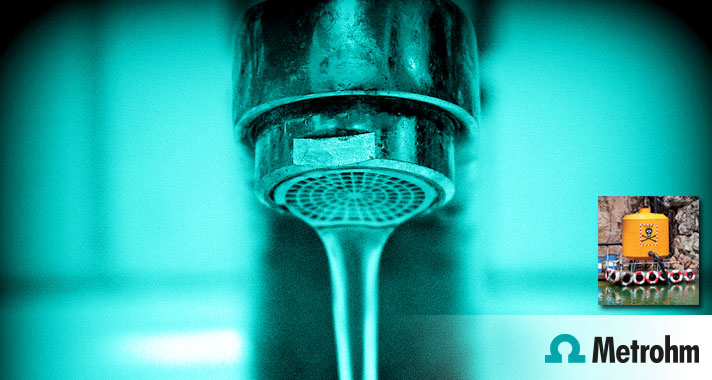Hexavalent chromium (Cr(VI)) is considered toxic and potentially carcinogenic for which reason its concentration in environmental and drinking water should be as low as possible.
Hexavalent chromium released into nature ends up in drinking water, causing significant contamination: even minute doses are harmful to the environment and to health.
In the environment, chromium is encountered primarily in the two forms Cr(III) and Cr(VI). Whereas Cr(III) compounds pose no major risk (and are essential for humans), hexavalent chromium (also called hexachrome, chrome-6, and Cr(VI)) is harmful. The strong oxidizing agent Cr(VI) is classified as carcinogenic, mutagenic, and damaging to the DNA. Acute chromium(VI) poisoning leads to renal damage. Chronic Cr(VI) exposure can lead to changes in the gastrointestinal tract. If inhaled, it can cause lung cancer. Because hexavalent chromium dissolves very readily in water, the result is high bioavailability and mobility.
Chromium is used in the production of steel (added to give greater hardness and resistance to corrosion), in the electroplating industry (surface treatment by means of chromium plating; passive films by means of chromatization), in leather production (chrome tanning), and as a pigment in dyes and coatings. Chromium was also used as an impregnating agent for wood. Limestone and clay, the starting materials for cement, also contain chromium in the form of Cr(III), some of which oxidizes to Cr(VI) during the production of cement.
Metrohm has developed a highly sensitive ion chromatographic method for determining hexavalent chromium that is now part of the latest EPA Method 218.7. The analysis is explained in detail in the IC Application Note U-69, which is available for free download below or at www.metrohm.com.au.









